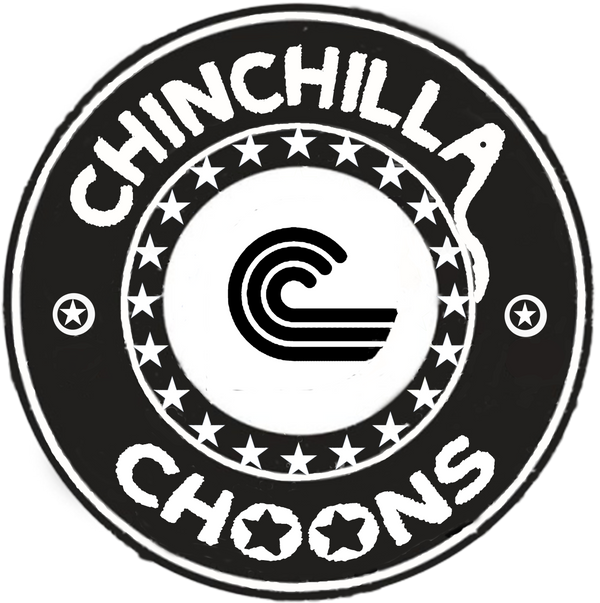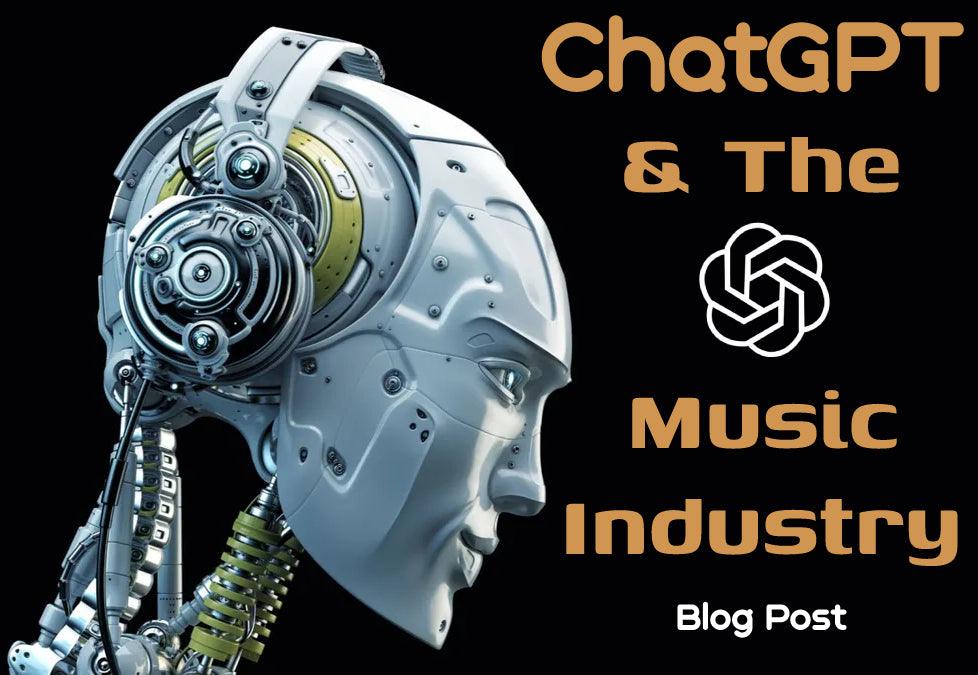ChatGPT and the Music Industry
Blog Post
Artificial intelligence (AI) has transformed many industries, and the music industry is no exception. One of the most exciting developments in this area is the use of AI language models like ChatGPT to create, market, and teach music.
\

ChatGPT is a state-of-the-art language model that is capable of generating human-like text based on a given prompt. In recent years, music professionals and enthusiasts have been exploring the potential of ChatGPT technology to revolutionize the way we create and interact with music.
From generating original compositions to personalizing music recommendations, the possibilities of ChatGPT and music seem limitless. In this blog post, we will explore the relationship between ChatGPT and music, looking at the current and potential future applications of this remarkable technology in the music industry.
ChatGPT is an AI-based language model that has completely revolutionized the definition of a chatbot. It has the ability to predict which words are likely to go together in response to a prompt, and has been used in a variety of different applications, from music generation to transcription.
As AI technology continues to develop, it is becoming increasingly clear that ChatGPT and music have a strong relationship that will only continue to grow in the future. In this blog post, we will explore the current and potential future relationship between ChatGPT and music, and what the future may hold for both.
ChatGPT has already had a major impact on the music industry.
It has been used to generate music in a specific style or genre, or even compose music in the style of a specific artist or band. It has also been used to transcribe audio files to MIDI or sheet music. In addition, ChatGPT has been used to create music recommendations for users, drawing upon a wide range of music.
The potential for ChatGPT and music to work together in the future is even more exciting. Google has recently released an experimental AI model called MusicLM, which can create a song from a simple text input.
This is just the beginning of what AI technology can do with music, and as AI technology continues to develop, it is likely that ChatGPT will be at the forefront of this development.
In addition to creating music, ChatGPT can also be used to help with music marketing. It has been used to create personalized music recommendations for users, as well as to help artists promote their music.
As AI technology continues to develop, it is likely that ChatGPT will be used to create even more personalized music recommendations, as well as to help artists with their marketing efforts.
Could ChatGPT one day in the future produce a number 1 hit song?

The potential for ChatGPT to produce a number one hit song in the future is an intriguing possibility. While AI-generated music is still in its infancy, recent developments have shown that it is possible for ChatGPT to produce original compositions that are complex and emotionally resonant.
However, creating a chart-topping hit is not just about creating a musically sound composition. It also involves a range of factors such as marketing, promotion, and audience engagement.
ChatGPT may be able to generate a great song, but it may not be able to replicate the human touch needed for the song to become a cultural phenomenon.
Nonetheless, the continued development of ChatGPT and other AI music technologies may lead to groundbreaking innovations in the music industry, and it will be exciting to see how this technology evolves in the coming years.
ChatGPT and the future of DJing.

ChatGPT has the potential to revolutionize the world of DJing, which is the art of manipulating music to create a seamless and engaging experience for an audience. ChatGPT's
ability to generate human-like text means that it can be trained to recognize and respond to different musical genres, beats, and rhythms. This could be used to create a personalized music experience for each listener, tailored to their unique preferences and tastes.
Moreover, ChatGPT can also be used to generate original music mixes, which can be used by DJs to create unique and innovative sets. With the help of ChatGPT, DJs can access a vast database of music samples and remixes, which can be manipulated and combined to create new and exciting sounds.
Another exciting possibility is the use of ChatGPT to create real-time music feedback during a DJ set. ChatGPT can analyze the crowd's reaction to different songs, beats, and drops, and provide feedback to the DJ, helping them to adjust their performance in real-time to create a more engaging experience for the audience.
The combination of ChatGPT and DJing has the potential to create a new era of personalized and innovative music experiences, pushing the boundaries of what is possible in the world of music.
Conclusion
Finally, ChatGPT can also be used to help with music education. It has been used to help students learn music theory, as well as to help them compose their own music.
As AI technology continues to develop, it is likely that ChatGPT will be used to help students learn even more complex music theory, as well as to help them compose even more complex music.
Overall, it is clear that ChatGPT and music have a strong relationship that will only continue to grow in the future. As AI technology continues to develop, it is likely that ChatGPT will be used to create even more personalized music recommendations, as well as to help artists with their marketing efforts.
In addition, ChatGPT can also be used to help with music education, helping students learn music theory and compose their own music. The future of ChatGPT and music looks very exciting, and it will be interesting to see what the two can do together in the future.
Other Useful Articles
- https://musictech.com/news/gear/ways-to-use-chatgpt-for-music-making https://www.zdnet.com/article/chatgpt-cant-make-music-but-googles-ai-model-can/
- https://musicmarketingmanifesto.com/blog/chatgpt
- https://scholarlykitchen.sspnet.org/2023/02/17/thinking-about-chatgpt-and-the-future-where-are-we-on-its-development-curve/
- https://musicmarketingmanifesto.com/blog/chatgpt



